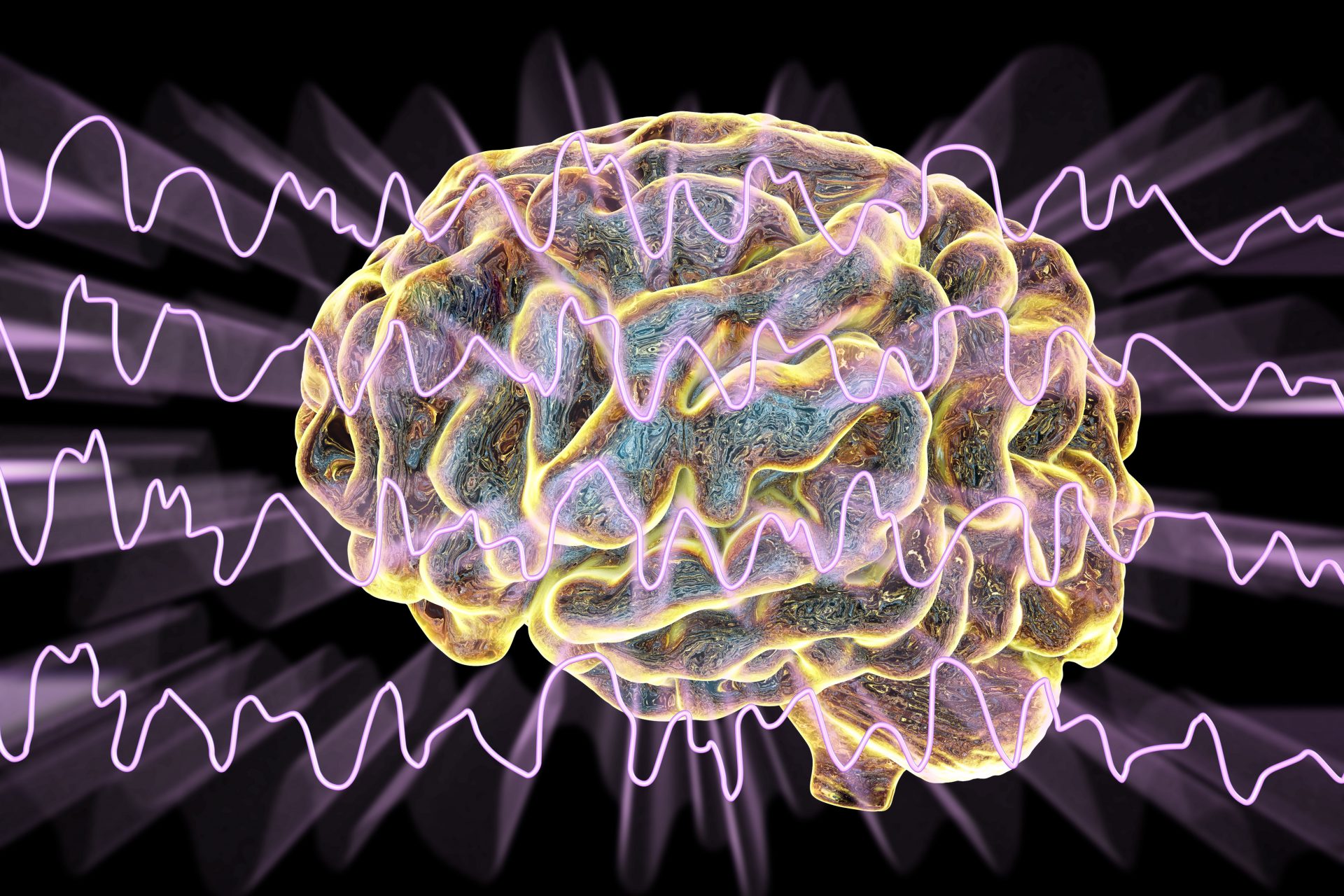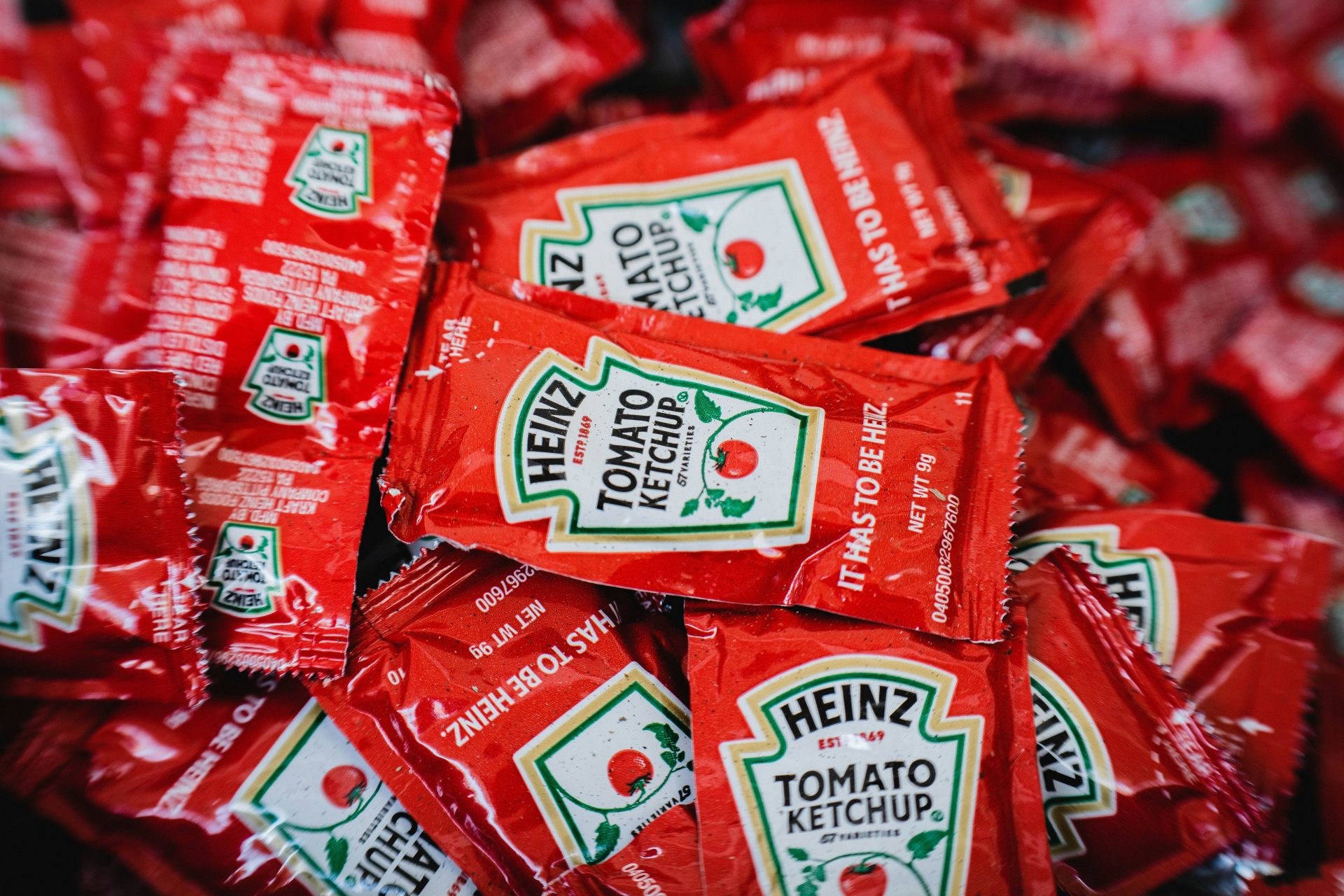Sweet but dangerous: the risks of eating too much sugar
Chocolate cake, lemon tart, ice cream, and sweet cereals. Processed sugars are everywhere and millions of people eat them every day. Unfortunately, they are bad for our health.
Follow Showbizz Daily to stay informed and enjoy more content!
Sugar is a type of carbohydrate that can come from different sources, such as sugar cane (sucrose), fruits and honey (fructose), barley (maltose), and milk (lactose). Its best-known characteristic is its sweet flavor.
When we eat food rich in sugar, we feel good. This happens because the ingredient activates the release of dopamine in the body, a neurotransmitter responsible for the sensation of pleasure.
Photo: Toa Heftiba / Unsplash
The characteristic sweet taste of sugar triggers receptors on the tongue. They send signals to the frontal cortex, the part of the brain responsible for detecting flavors.
The perception of a sweet flavor activates a network of electrical signals that stimulates the brain's reward system. It releases dopamine and, as a result, we feel pleasure.
Image: Patrick Fore / Unsplash
Our brain is trained to do things that ensure our survival. Therefore, when we eat, our reward system releases dopamine to encourage us to repeat this activity.
The more dopamine is released, the greater the chance that we will repeat this behavior.
When we eat a healthy plate of food, dopamine is also released but in lower doses. Furthermore, eating the same food for a long period causes dopamine release to decrease.
On the other hand, if we are exposed to a new flavor, dopamine levels rise again. This mechanism ensures that we want to eat a variety of foods and increases the chances that we get all the nutrients we need.
The same does not happen with sugar though. In an experiment, neuroscientist Nicole Avena observed that ingesting sugar releases large amounts of dopamine and that repeated exposure to sugar does not decrease its release.
Photo: Icons8 team / Unsplash
Avena revealed to the Mind Pump channel that when she measured the brain's responses while an individual drank a chocolate milkshake, the result was very similar to that of consuming al co hol or nicotine.
According to National Geographic, a study revealed that sugar increases dopamine levels by 135 or 140%. This is a worrying number because it resembles the result of alcohol intake.
Photo: Fidel Fernando / Unsplash
Neurologist and neurosurgeon Jorge Pagura says that "the pleasant sensation caused by sugary food stimulates the brain's reward center in a process similar to that of addiction and se x ua l intercourse."
Photo: Luisa Schetinger / Unsplash
All research points to sugar being highly addictive. The problem arises when sugar intake is excessive, repetitively triggering the reward system, and causing the brain to want sugar at all times.
Photo: Annie Spratt / Unsplash
When this occurs, a person begins to experience unwanted symptoms such as loss of control, anxiety, and increased tolerance to sugar.
Furthermore, someone addicted to sugar wants to repeat the dose countless times, which results in consuming an amount of calories far above what they need.
The consequences generated by the act of eating too much are serious. One of the biggest health problems of modern society is obesity.
The Centers of Disease Control and Prevention (CDC) state that 41.9% of the American population is obese. The consequences of obesity can be heart disease, stroke, type 2 diabetes, and certain types of cancer.
The CDC says that these conditions "are among the leading causes of preventable, premature death."
In addition, the CDC notes that 19.7% of all children between 2 and 19 years are obese. That's 14.7 million children and adolescents.
Photo: Mariana Villanueva / Unsplash
Sugar is everywhere. Not just in children's birthday sweets but also in ultra-processed foods and drinks that use sugar and fat as their main ingredients.
National Geographic magazine quotes Alexandra DiFeliceantonio, director of the Center for Health Behavior Research in Virginia, in stating that changing food habits have catapulted the growth of obesity-related conditions.
"We've been eating homemade versions of cakes, cookies, and pizzas for a very long time," DiFeliceantonio says, but in recent decades, we've turned to readymade foods that are less healthy.
Image: Icons8 Team / Unsplash
DiFeliceantonio says that "it wasn't until the rise in production of ultra-processed foods in the 1980s that we've seen this increase in diet-related mortality and disease."
Image: Jacob Rice / Unsplash
Soft drinks, sugary yogurts, frozen foods, and fast food are cheaper than fresh produce. In addition, they are being advertised to us as harmless for our health. It's difficult to resist an attractive and cheap alternative to vegetables and fresh fruits.
It's best to avoid ultra-processed foods or sweets that contain excess sugar. However, eating a piece of grandma's cake on the weekend is not prohibited. The secret is to maintain a balanced and natural diet!
Photo: Polox Hernandez / Unsplash



































